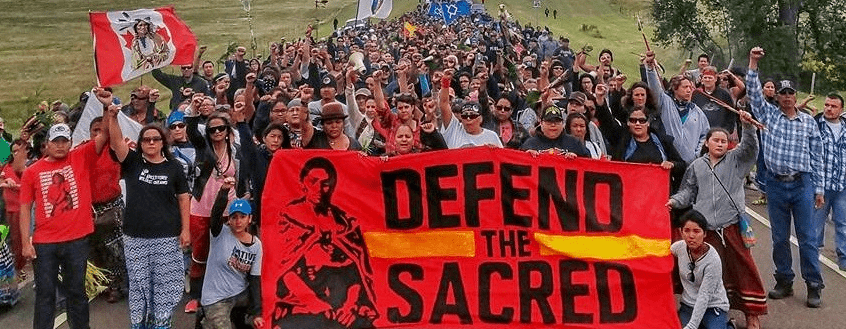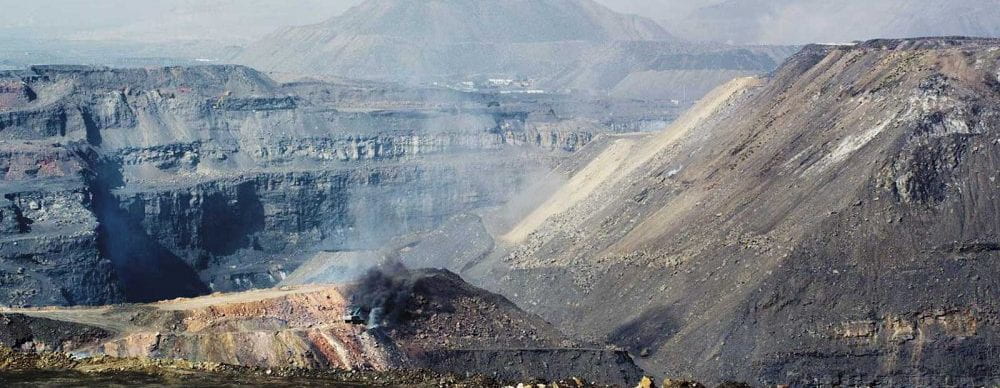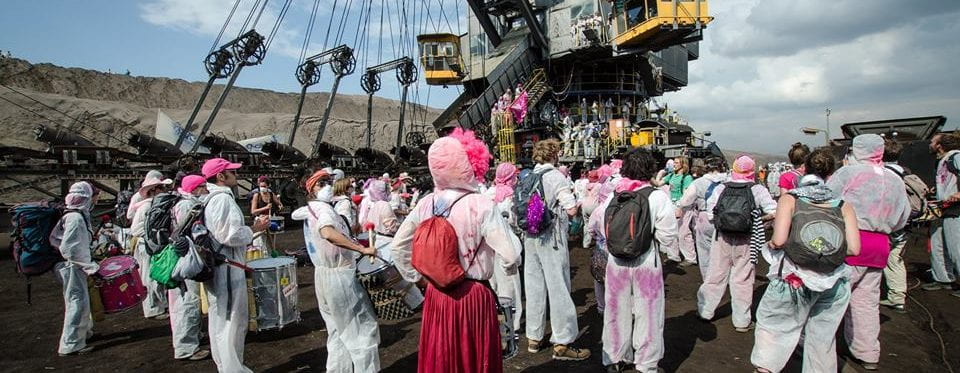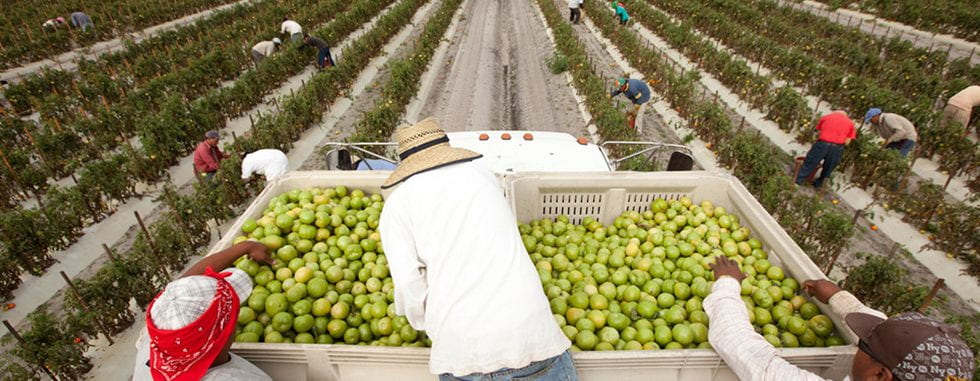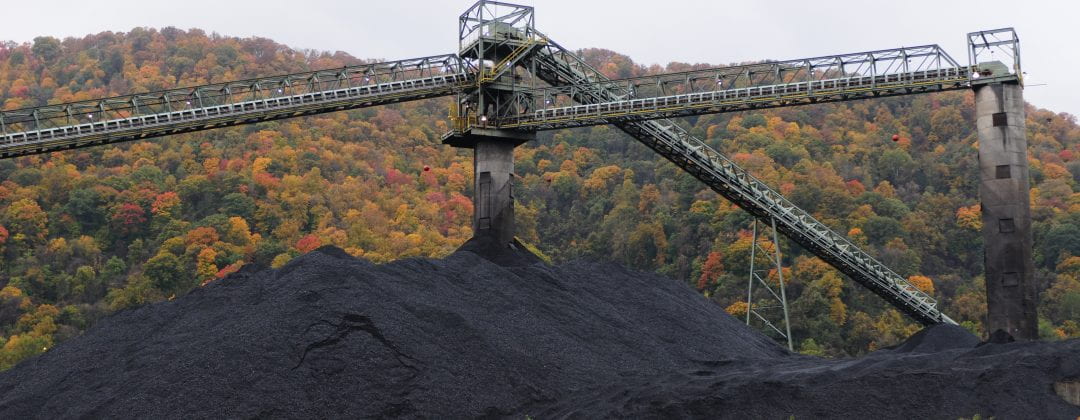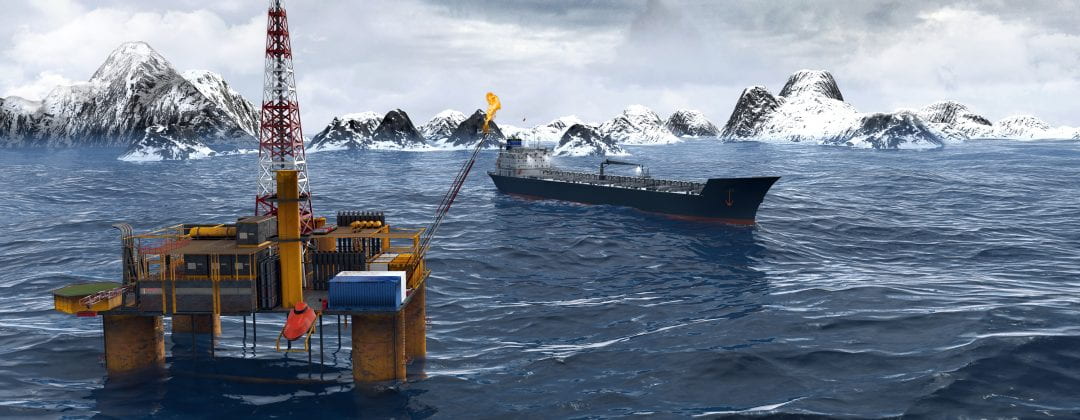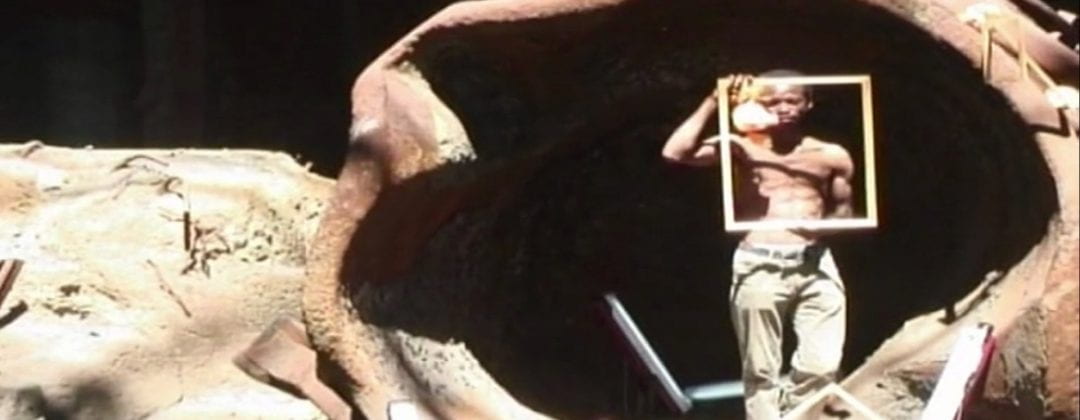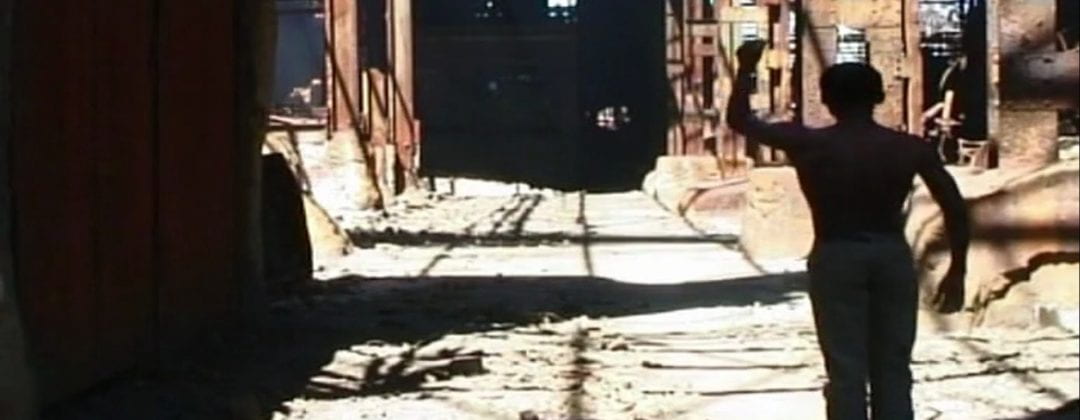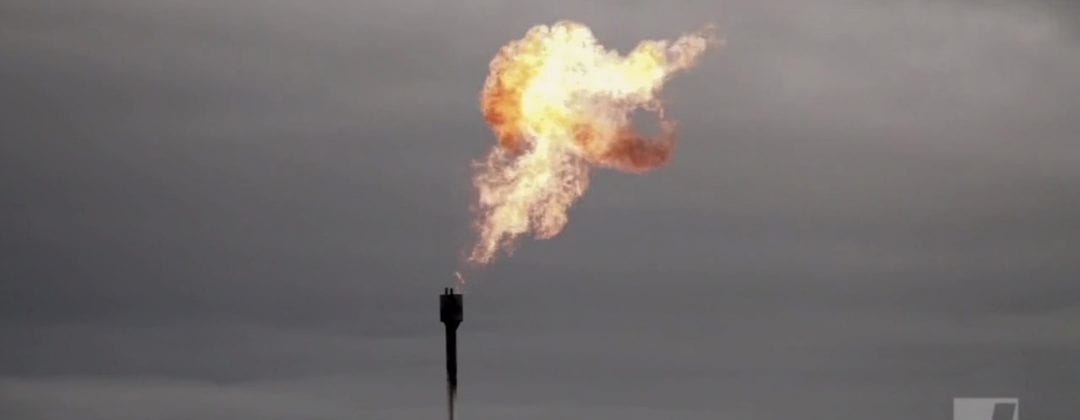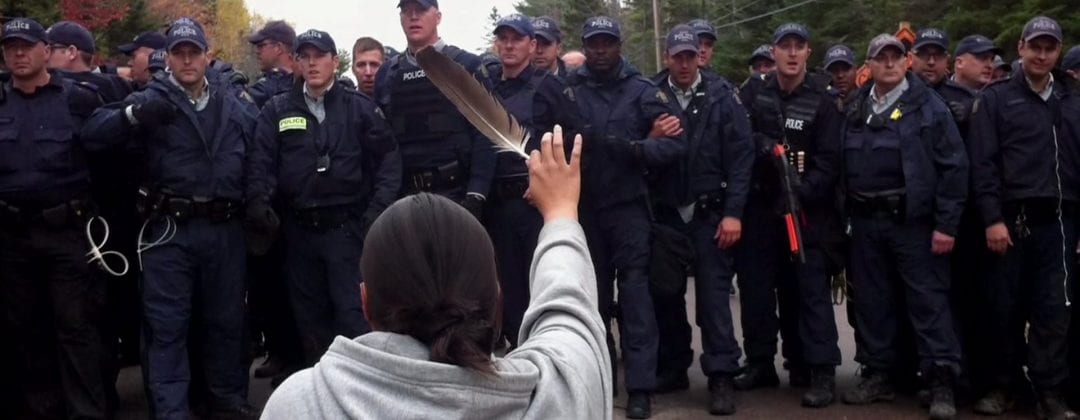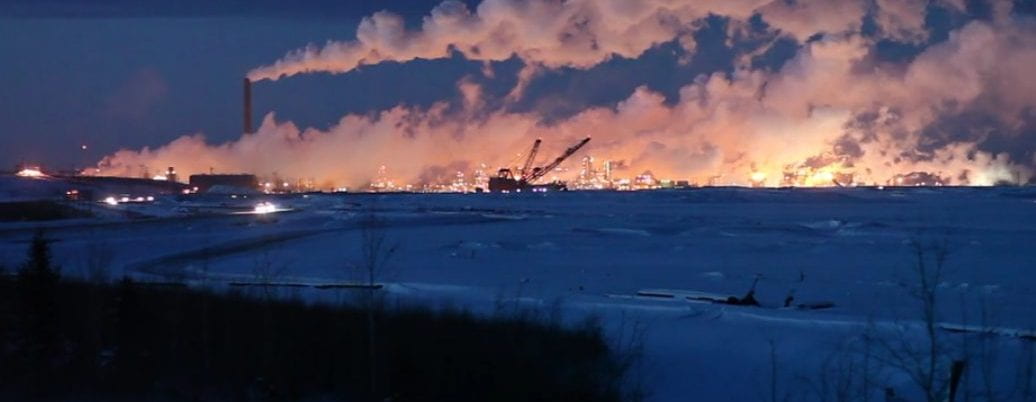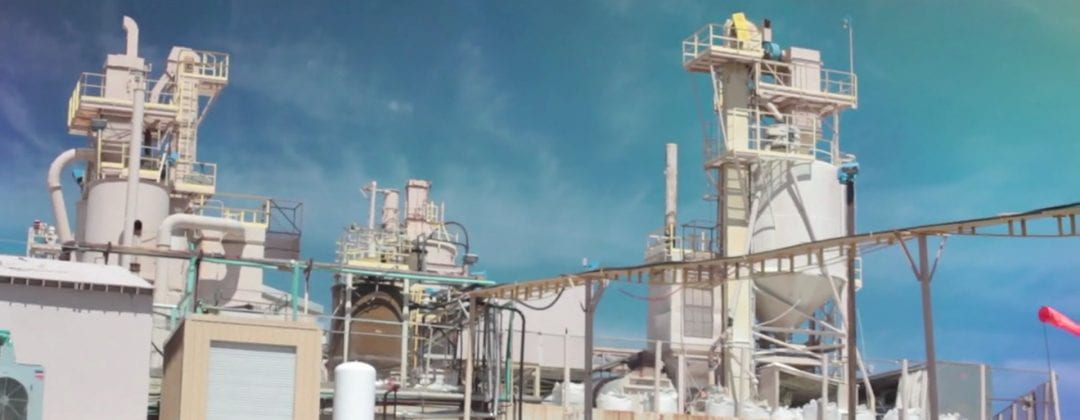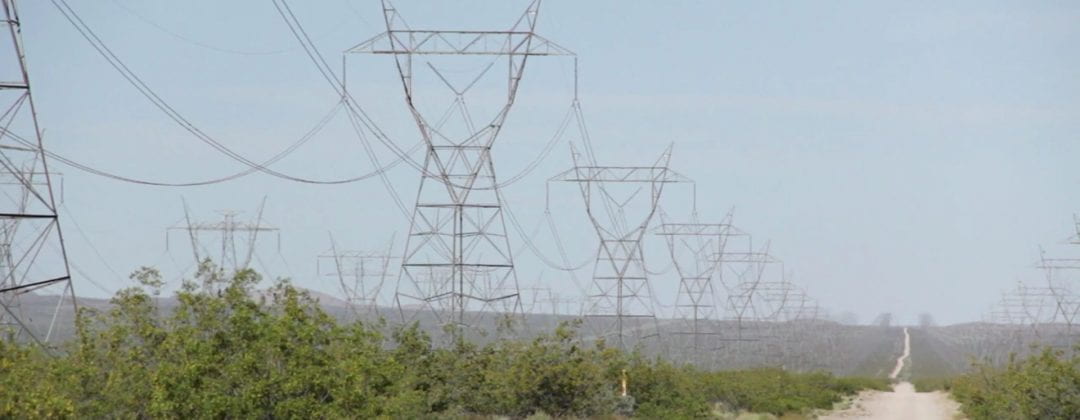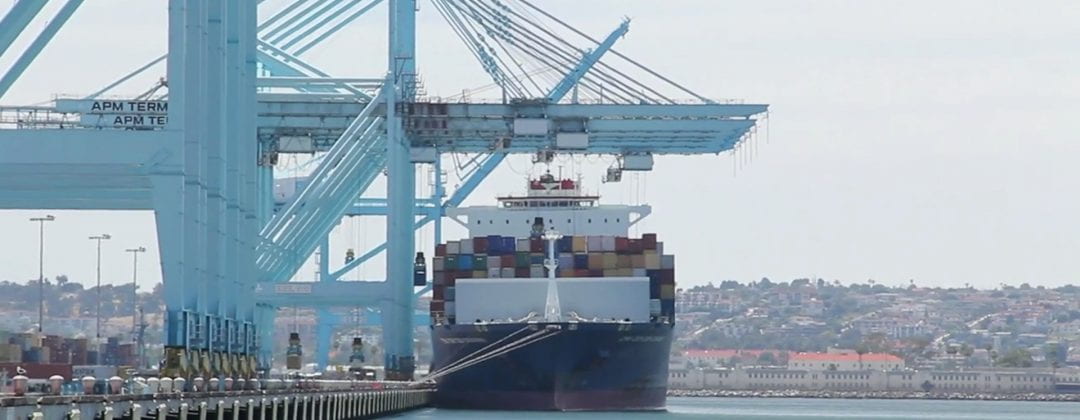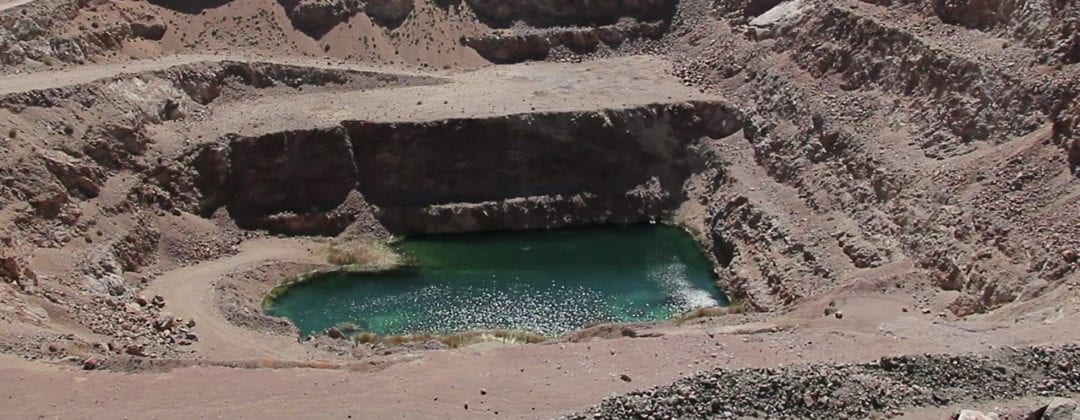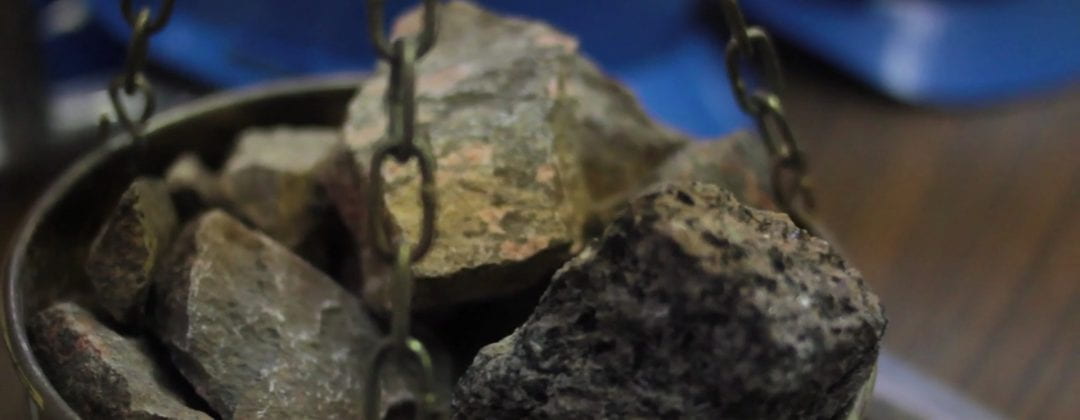DECOLONIAL VISUAL CULTURES IN THE AGE OF THE CAPITALOCENE
Extraction designates capitalism’s fundamental logic of withdrawal—of value, nutrients, energy, labor, time—from people, lands, culture, life-forms, the elements, without corresponding deposit (except as externalities of non-value in the form of pollution, waste, climate change, illness, and death). It forms hierarchies of power around divisions that are racially, ethnically, sexually, and ecologically inscribed. How can we understand the diverse cultures of extraction in relation to histories of colonialism, green capitalism, the Anthropocene and Capitalocene, and how are these cultures being visualized?
Equally, how is extraction, as a fundamental logic of living and dying in the era of fossil fuel capitalism and catastrophic climate change, being contested at the individual and collective levels, including by cultural producers (socially engaged artists, anti-colonial activists, Indigenous water protectors, media theorists, writers, architects, and designers, etc.)? Faced with multiple tipping points moving us implacably toward a catastrophic environmentally altered future—and now with a US president hostile to climate science and industrial regulations—how might we create possibilities for living non-extractively in ways singular and plural today?
During Winter and Spring 2017, T.J. Demos of UC Santa Cruz’s Center for Creative Ecologies in collaboration with the artist Laurie Palmer of UC Santa Cruz’s Arts Department will initiate the Arts-led research project EXTRACTION, co-sponsored by the Arts Research Institute and the Institute of the Arts and Sciences at UC Santa Cruz, UCSC’s Arts Research Institute, UCSC's College Nine and College Ten, and CDAR (UCSC Center for Documentary Arts and Research). The project comprises a series of interlinked activities directed toward critically analyzing extraction as an industrial operation of natural resource mining and labor exploitation, investigating its ecological, economic, philosophical, and aesthetic factors and implications. Including a film series and artist lecture program—with guest presentations by practitioners such as the Center for Land Use Interpretation, Subhankar Banerjee, Claire Pentecost, Brian Holmes, and Elizabeth Knafo—the project also entails a number of workshops, a student-faculty reading group, field trips to regional extraction sites, and a conference. EXTRACTION will draw together artists and researchers at UCSC, and leading thinkers in the field locally, regionally, and nationally.
WINTER QUARTER (January 6 – March 24, 2017)
Artists’ Lecture and Film Screening Series
*All events are on Tuesday evenings, 5:30-7:30, in the Digital Arts Research Center (DARC) 108 at UC Santa Cruz
2/14 Screening of The Otolith Group’s The Radiant, 2012
2/28 Screening of the following shorts videos:
• David Kelly / Patty Chang, Spiritual Myopia, 2015
• Andrew Norman Wilson, Workers Leaving the Googleplex, 2011
• Sammy Baloji, Mémoire, 2006
• Harun Farocki, Silver and the Cross, 2010
3/7 Presentation by Elizabeth Knafo, and screening of Rare Earth, 2014
Reading Group
The Center for Creative Ecologies runs an ongoing reading group, which in Winter and Spring 2017 will look at a range of texts critically addressing extraction. More information on the reading group, which is open to students and faculty, can be found here.
Field Trip: Arboretum, UC Santa Cruz
Saturday, March 11, 10am-2pm
Visit the Harrisons’ Future Garden (with Newton Harrison), and the Amah Mutsun Relearning Program research garden (with Rick Flores, Research Associate for the Amah Mutsun Land Trust, and Eleanor Castro, an Elder of the Amah Mutsun Tribal Band).
_____________________________________________________________________________
SPRING QUARTER (March 24 – April 3, 2017)
Field Trip: San Ardo Oil Fields, with Mary Hsia-Coron
Saturday, April 15, 11am-5pm
Visit San Ardo oil field with environmental and community activist Mary Hsia-Coron, learning about the processes of oil extraction in California and ongoing community efforts to ban fracking in the state.
Farmworker Reality Tour with Center for Farmworker Families
Sunday, May 7, 3pm-6pm, Watsonville, California (depart Santa Cruz at 2:15pm; return by 7pm)
Farmworker Reality Tour in Watsonville with Ann López of the Center for Farmworker Families. The tour will challenge participants to better understand the conditions of Mexican farmworkers in Northern California by sharing in their lives, food, and living quarters.
EXTRACTION CONFERENCE: Decolonial Visual Cultures in the Age of the Capitalocene
May 12-13, 2017
Friday, May 12, 10:30-6:00, at the Multi-Purpose Room of Colleges Nine and Ten, UC Santa Cruz
Saturday, May 13, 10:00-4:30, at the Nonviolent Resource Center, Santa Cruz
Confirmed speakers include: Angela Anderson, Caleb Behn, Isabelle Carbonell, T.J. Demos, Brian Holmes, Mary Hsia-Coron and Andy Hsia-Coron, Kyle Lane-McKinley, Ann López, Jason Moore, Laurie Palmer, Claire Pentecost, Anne Quirynen, Martin Rizzo, and Wašté Win Young. More info here.
Extraction Resources:
"On Extraction, An Interview with T.J. Demos and Laurie Palmer," by Elia Vargas, in State Change 02, a Living Room Light Exchange Publication, curated by Liat Berdugo and Elia Vargas, 2017, 114-117.

